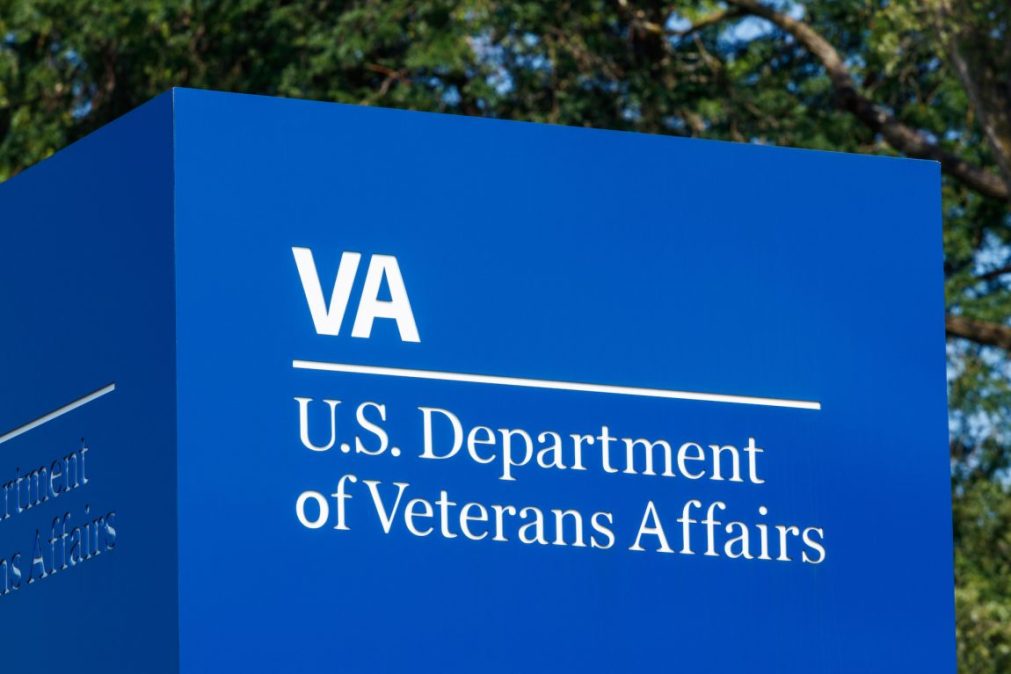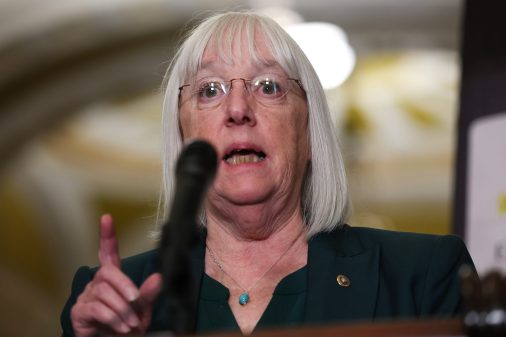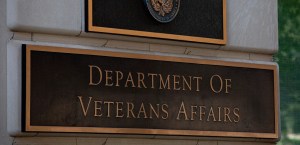VA delays EHR launch date for more training

The Department of Veterans Affairs is delaying the go-live date for its modernized electronic health record system that was planned to launch in March in the Pacific Northwest.
The $16 billion project will have an updated timeline in the coming weeks, said a VA spokeswoman. The decision to delay the go-live date stemmed from a need for more training at the initial launch site — a Spokane, Washington, medical facility — which was set to go online March 28.
It is one of the largest IT modernization projects in the government, with millions of veterans’ health records being migrated to a cloud-based Cerner system, replacing the problem-plagued Veterans Information System Technology Architecture, or VistA.
“After rigorous testing of our new EHR, the department will need more time to complete the system build and ensure clinicians and other users are properly trained on it,” VA spokeswoman Christina Mandreucci said in an emailed statement. “We believe we are 75-80 percent complete in this regard and will be announcing a revised ‘go-live’ schedule in the coming weeks.”
The decision to delay was met with approval from a pair of Republican lawmakers who oversee the VA.
“With a project as complex, costly, and impactful as this one, the worst thing VA could do is jump the gun,” Reps. Jim Banks, R-Ind., and Phil Roe, R-Tenn., said in a joint statement. “We applaud VA for recognizing that more training and preparation is needed and taking the time to get this right.”
The delay runs contrary to recent statements from VA Secretary Robert Wilkie who assured reporters Wednesday that the EHR modernization program was on track despite the abrupt dismissal of his deputy who oversaw the program, James Byrne. Byrne was the top official accountable for the EHR’s development, but Wilkie expressed his confidence in those running day-to-day operations who remain on the job.
House Rep. Mark Takano, D-Calif., is surprised by the EHR delay following Wilkie’s assurances Byrne’s firing would “not impact it at all,” adding that his office wasn’t informed of any problems until Monday when VA staff informed him that Wilkie review EHR readiness after Byrne’s removal and decided to delay launch.
However, he called a minor delay much better than the possible alternative.
“VA should take the time it needs to get this $16 billion dollar implementation right, but it needs to be transparent with Congress,” Takano, chair of the House Committee on Veterans’ Affairs, said in a statement. “We are all charged to work on behalf of our nation’s veterans—a short term delay is far better than rushing through a critical EHR transition that will strongly impact veterans’ lives.”
FCW first reported the EHR’s delay.
VA’s EHR modernization would see a major increase in funding under the White House’s budget proposal for fiscal 2021, released Monday. The administration wants $2.6 billion — an 82 percent increase over current levels — to speed up the department’s EHR modernization in alignment with the Department of Defense’s system, also built around a Cerner platform for improved interoperability between the two systems.
“The funding enables VA to double the number of sites that transition to the new EHR in 2021, consistent with DOD, and accelerates a new scheduling system,” the budget request states.
The VA is one of the only civilian agencies to get a budget request increase in the White House’s proposal. If the $243 billion total budget for the agency were to become reality, the VA would become the highest funded civilian agency, surpassing the Department of Health and Human Services.






